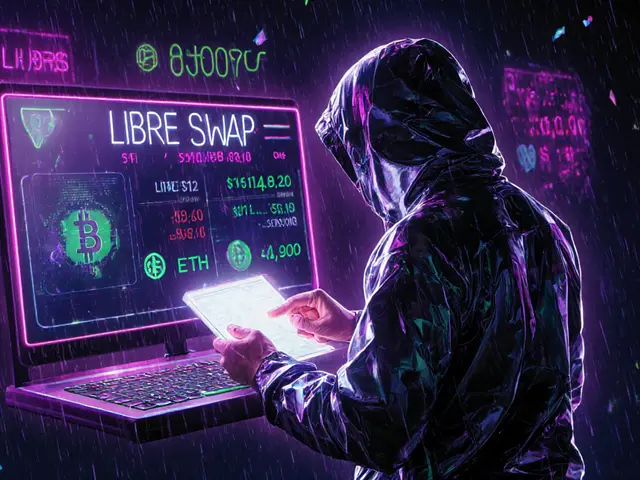Bangladesh Crypto VPN: Bypass Restrictions and Trade Crypto Safely
When you live in Bangladesh and want to buy or trade cryptocurrency, you’re fighting against more than just market volatility—you’re fighting a legal wall. The Bangladesh Foreign Exchange Act, a 1947 law originally meant to control currency outflows makes crypto transactions illegal under local banking rules. The Bangladesh Bank, the country’s central financial authority has repeatedly warned that using crypto violates national law, and banks can freeze accounts linked to exchanges. But people still trade. How? Through crypto VPNs, tools that hide your location and let you access global crypto platforms like Binance, Kraken, or P2P marketplaces. These aren’t just tech tricks—they’re survival tools in a country where owning Bitcoin isn’t a choice, it’s a workaround.
Using a crypto VPN in Bangladesh isn’t about hiding from the law—it’s about accessing the same financial tools people in other countries use daily. Without a VPN, most global exchanges block your IP address the moment you try to sign up. Even P2P platforms like LocalBitcoins or Paxful flag your connection as high-risk. A reliable VPN lets you appear as if you’re connecting from India, Singapore, or the U.S., where crypto is legal. But not all VPNs work the same. Some get blocked quickly. Others log your activity. The best ones for Bangladesh users offer obfuscated servers, no-logs policies, and fast speeds for trading and withdrawing funds. Many users pair their VPN with local payment methods like bKash or Nagad to buy crypto via P2P trades, turning a legal gray area into a functional system. This isn’t theoretical—thousands of Bangladeshis do this every day, quietly, safely, and legally (at least, as far as their bank knows).
The real challenge isn’t just getting a VPN—it’s staying safe. Scammers know people are desperate. Fake crypto VPN apps, phishing sites disguised as exchanges, and fake airdrops targeting Bangladesh users are everywhere. That’s why the posts below cover what actually works: which VPNs hold up under pressure, which P2P platforms are trusted locally, how to avoid scams disguised as "free crypto," and how to navigate the legal gray zone without getting flagged. You’ll find real reviews of tools people use right now, not theoretical advice. Whether you’re trying to buy your first Bitcoin or looking to move funds out of a blocked exchange, the guides here give you the exact steps others have taken—without the fluff. This isn’t about breaking rules. It’s about finding a way to participate in a global system when your own system says no.




